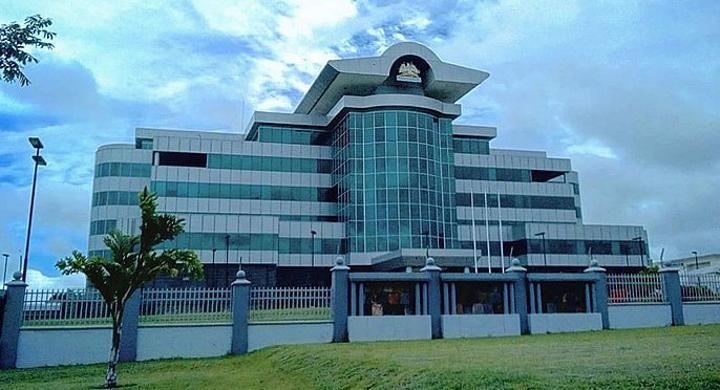Africa-Press – Malawi. The percentage of Malawian adults who are financially included has jumped from 49 percent in 2014 to 88 percent in 2023, a development the latest Finscope Consumer Survey Report has attributed to the mobile money revolution.
The development means only 12 percent of the population is financially excluded.
Financial inclusion, according to the World Bank, means that individuals and businesses have access to useful and affordable financial products and services that meet their needs.
It further says this means transactions, payments, savings, credit and insurance are delivered in a responsible and sustainable way.
Financial inclusion has been identified as enabler seven of the 17 Sustainable Development Goals.
The World Bank Group considers financial inclusion as a key enabler to reduce extreme poverty and boost shared prosperity.
However, the Finscope Consumer Survey Report shows that the percentage of people who are banked has shrunk from 27 percent in 2014 to 13 percent in 2023.
According to the report, since 2014, Malawi has seen an increase in the number of adults who are using other formal, non-bank services, of which mobile money is the main provider of those services.
The 2023 FinScope Consumer Survey was conducted with the support of the Southern African Development Community secretariat, through the Sibe Programme, and Ifad through the Farmse Programme.
RBM Governor Wilson BandaReserve Bank of Malawi Governor Wilson Banda has described the increase as significant, saying it has surpassed Malawi’s targets.
But Banda said there is still work to be done in improving access to, and the use of, other financial products and services, among them insurance and credit.
“For example, insurance uptake is only at 4 percent, which is not a figure we can be proud of. Additionally, most mobile wallets are used for transactional purposes rather than saving.
“I have taken note of the recommendations provided in the report, which require our action and commitment. To highlight a few, the report recommends that we, as stakeholders, should advance a secondary financial system to serve as a launchpad for both traditional bank accounts and mobile money.
“This entails extending the product line to include investment and insurance goods in addition to transactional usage. The government is committed to ensuring this is done as we implement National Strategy for Financial Inclusion III,” Banda said.
The survey also recommends that the accessibility of credit should be expanded, saying this can aid individuals, farmers and enterprises in building their human and material capital and engaging in entrepreneurial endeavours that could pave the way for greater social mobility.
Meanwhile, Ifad Country Director for Malawi Bernadette Mukonyora has described the findings of the Finscope Consumer Survey as hopeful.
She added that the findings are also pointing out to a few challenges which the development community, Government of Malawi and financial market players need to pay attention to.
Meanwhile, authorities have launched the Financial Sector Development Strategy III (FSDS III), which was developed following completion of FSDS II in December 2021.
According to Banda, the FSDS III would help address gaps left by FDSS II and provides a comprehensive reference document outlining the strategic direction for the development of the financial sector in Malawi.
The challenges include weak market competition among financial service providers, with persistent geographical and monopolistic concentration; limited services in certain market segments and among the financially underserved; and a tendency for financial institutions, particularly authorised dealer banks, to focus their credit provision on government, corporations, and high-net-worth individuals;
The central bank chief said the strategy is based on the recognition that a strong financial sector is crucial for economic growth and development.
“To address the identified challenges, the strategy has established seven key pillars, which are considered milestones toward achieving the country’s financial sector development goals.
“The pillars include the development and deepening of the financial system; and the creation of enabling policy, legal, and regulatory environment among other pillars,” Banda said.
For More News And Analysis About Malawi Follow Africa-Press






